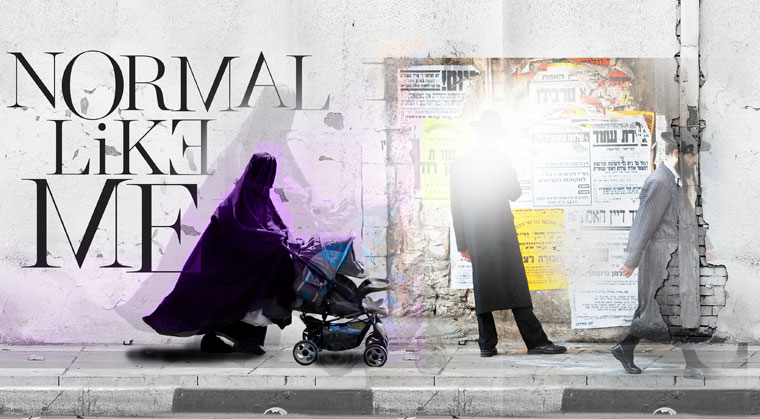Normal Like Me: Chapter 51


"Now let’s take some shots in the library,” said the photographer. He changed lenses while his assistant set up white umbrellas on either side of the room.
Joe sat down obediently with a pile of books, trying to form the requisite scholarly expression on his face.
“Great,” said the photographer. “Let’s do some video.”
He filmed Joe walking purposefully across the campus, talking on his mobile phone, and working on his final seminar project.
“How about some shots on the beach, for a change of scenery?” the photographer suggested.
On the beach, in town, in a government office… The traveling medical team had received much of its funding from the producers of this documentary, and Joe and Bernadine were at their cooperative best, playing their parts as the-natives-who-left-the-tribal-village-and-turned-modern-and-brought-a-surgeon-to-operate-on-their-grandfather.
“I’d like to get some nice shots of the natives, too, in some sort of traditional ceremony, if possible,” was the photographer’s next Aussie-accented request.
“Come to the big sing-sing,” Joe suggested. “It’s exactly what you’re looking for. Painted faces, traditional jewelry, lots of feathers and battle cries, all very photogenic.”
“Sounds good. When is it?”
“In our village, it’s in August, toward the end of the dry season. But if it’s hard for you to get to the river valley, there are also villages near the shore where you could get pictures. Some of them have sing-sings before we do.”
“Okay.” The photographer typed a memo into his phone. “Anything else?”
“You can get amazing views in the Highlands,” said Bernadine. “But it wouldn’t really be accurate documentation. The people who’ll be getting cataract surgery are from the river, so if you want to show them in their own habitat, you’ll need to go there.”
“We have patients from the Highlands, too!” Joe cried jubilantly. “Imagine it — two families from the Highlands heard that some white doctors were coming who could take crocodile scales off people’s eyes, and they wanted to know how and when they could get to these doctors, because they had grandparents with cataracts who are almost totally blind.”
The past few weeks had been hectic for Joe. Every day he was adding patients to his list and working out how each of them would be transported to the field clinic. Those who lived nearby would walk; those from farther along the river would take the ferry or a motorized canoe. Elderly patients from the coastal areas would be brought in by PMV, an Australian military vehicle adapted for public transport. Arranging for escorts, equipment, local manpower… his head was aching from all the pressure. And now with people coming from the Highlands, too, he would have more logistics to plan and schedule changes to make.
“You’ll be with us the week of the actual surgeries, right?” he asked.
“Of course,” said the photographer. “I wouldn’t miss the chance to document something like this.”
“And the climactic moment,” Joe reminded him, “will be when Grandpa opens his eyes for the first time after the procedure.”
“And sees us,” said Bernadine. Her words sounded like a song. She tried to imagine Grandpa’s expression at that moment, when he opened his eyes, newly implanted with an artificial cornea applied with skill and precision… that moment when his eyes would light up.
The moment she could tell herself that everything she’d endured was worthwhile.
(Excerpted from Mishpacha, Issue 717
Oops! We could not locate your form.



